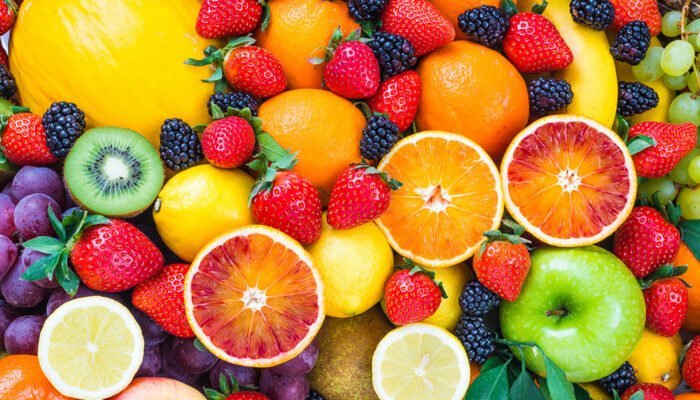
Dietary Tips for COPD Patients
The food we consume is the main source of energy for our bodies. Every activity, including breathing, requires energy, and the food we consume can make these activities easier by improving them or slow down the activities by developing further obstacles. Particularly in the case of COPD patients, dietary choices play a crucial role in triggering or alleviating the symptoms. Here are a few dietary tips for managing COPD effectively:
- Add high-fiber foods into the diet : Fiber is an important substance in food products and aids digestion. It is the part of a plant that is indigestible, and when consumed, it helps move the food through the digestive tract and enables the process of digestion. In addition, fiber can control blood sugar levels and reduce the amount of blood cholesterol. So, fiber can be a good addition to the diet for people with COPD. Some examples of high-fiber foods are cooked dried peas, whole-grain cereals, some fruits and vegetables, and rice. The recommended dietary intake of fiber is between 20 and 35 grams daily.
- Limit sodium intake : High amounts of salt or sodium can lead to increased water retention in the body, causing difficulties in breathing. So, avoiding foods with high salt content is a helpful dietary tip for COPD patients. Instead of using salt, one can use no-salt spices or herbs to flavor their food. Particular attention should be given to nutrition labels on store-bought food products, and anything with over 300 mg of sodium per unit of serving should be avoided.
- Add dietary sources of calcium and vitamin D : Both calcium and vitamin D are required to maintain strong bones. Some examples of food substances with a good quantity of calcium are yogurt, milk, and cheese. One can opt for food products that are fortified with calcium and vitamin D. Supplements can also be taken after consulting a doctor. These can help maintain a healthy weight and improve or maintain bone health. If one is taking diuretic medications, they should also increase their potassium intake. In that scenario, an effective dietary tip to follow for COPD patients is to add bananas, tomatoes, asparagus, and oranges to their regular diet.
- Avoid overeating to avoid triggering the symptoms : Overeating can easily trigger symptoms like gas and bloating. Besides, several food products can lead to these symptoms, which also lead to increased difficulty in breathing. The foods that cause gas or bloating and should be strictly avoided are heavily spiced, greasy, and fried foods. Along with those, it’s advisable to avoid melons, avocados, apples, cabbage, peppers, beans, brussels sprouts, broccoli, onions, pimentos, peas, scallions, soybeans, shallots, cucumbers, corn, leeks, and lentils. Another important dietary tip for COPD patients is to follow the dietician’s guidelines.



